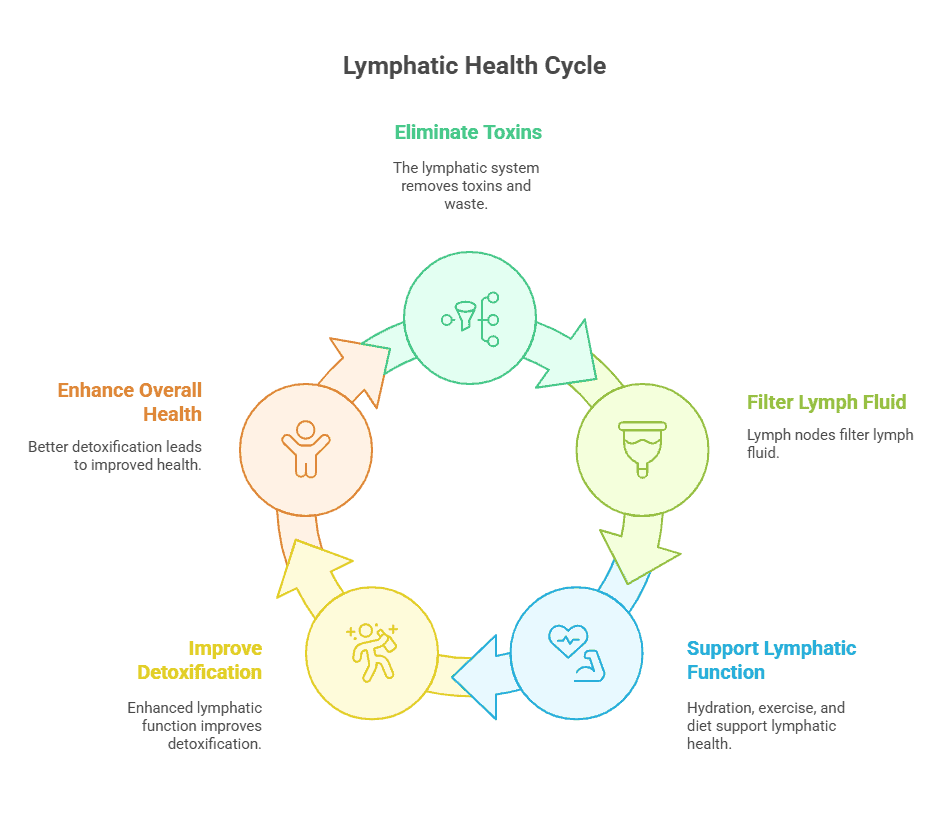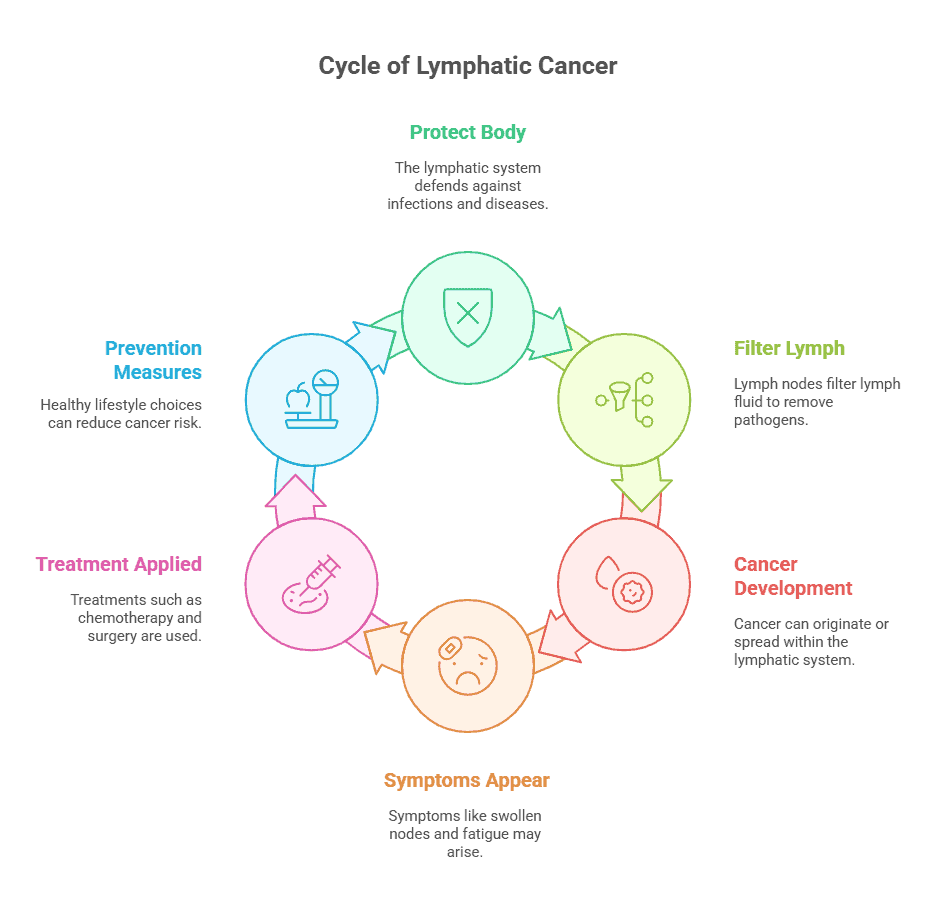The lymphatic system is a vital part of the body’s immune system, responsible for filtering and eliminating toxins, waste, and other harmful substances. It consists of a network of vessels, nodes, and organs that work together to defend the body against infections and diseases.
What is the Lymphatic System?
The lymphatic system is made up of lymphatic vessels that carry a clear fluid called lymph, lymph nodes that filter the lymph, and lymphatic organs such as the spleen, thymus, and tonsils. The lymphatic system plays a crucial role in immune function, helping to fight off infections and diseases.
How Does Cancer Affect the Lymphatic System?
Cancer can affect the lymphatic system in several ways. One common way is through the spread of cancer cells to the lymph nodes, a process known as lymph node metastasis. When cancer cells spread to the lymph nodes, they can travel to other parts of the body through the lymphatic system, leading to the development of secondary tumors.
Another way cancer can impact the lymphatic system is by causing lymphedema, a condition characterized by swelling due to the buildup of lymph fluid. Lymphedema can occur when cancer treatments such as surgery or radiation damage the lymphatic vessels or nodes, disrupting the flow of lymph.
Types of Cancer that Affect the Lymphatic System
Several types of cancer can affect the lymphatic system, including lymphoma, a cancer that originates in the lymphatic system itself, and breast cancer, which can spread to the lymph nodes in the underarm area. Other types of cancer that may impact the lymphatic system include melanoma, lung cancer, and prostate cancer.
Summary
In summary, the lymphatic system plays a crucial role in maintaining the body’s immune function and defending against infections and diseases. Cancer can affect the lymphatic system in various ways, including through the spread of cancer cells to the lymph nodes and the development of lymphedema. Understanding how cancer impacts the lymphatic system is essential for early detection and effective treatment.
Key Takeaways:
- The lymphatic system is a vital part of the immune system, helping to protect the body from infections and diseases.
- Lymph nodes are small, bean-shaped structures that filter lymph fluid and help fight off infections.
- Cancer can develop in the lymphatic system, either as lymphoma (cancer of the lymph nodes) or as metastatic cancer that has spread from another part of the body.
- Symptoms of lymphatic cancer can include swollen lymph nodes, fatigue, fever, and unexplained weight loss.
- Treatment for lymphatic cancer may include chemotherapy, radiation therapy, immunotherapy, and surgery.
- Regular exercise, a healthy diet, and avoiding tobacco can help reduce the risk of developing lymphatic cancer.
Key Terms:
- Lymphatic System: A network of tissues and organs that help rid the body of toxins, waste, and other unwanted materials.
- Lymph Nodes: Small, bean-shaped structures that produce and store cells that help fight infection.
- Lymphocytes: A type of white blood cell that plays a key role in the immune system.
- Lymphoma: Cancer that begins in the lymphatic system.
- Malignant: Cancerous, tending to spread and become progressively worse.
- Metastasis: The spread of cancer cells from one part of the body to another.
- Tumor: An abnormal mass of tissue, which may be benign or malignant.
- Chemotherapy: Treatment of cancer using drugs that kill cancer cells.
- Radiation Therapy: Treatment of cancer using high-energy radiation to kill cancer cells.

